case studies
Currumbin Ecovillage wastewater management
Decentralised residential wastewater management
Contact
Insight:
Decentralised residential wastewater management
Project description
The Currumbin Ecovillage is a 147 lot development over 270 acres of land in the Gold Coast Hinterland. The development contains community title blocks which range from 400 to 1400m2. A sewerage treatment plant located within the development accepts and treats all wastewater which is then provided back to the houses in a purple pipe for non-potable uses.
The drivers
Commitment to urban residential development sustainability supported by demonstration of decentralised wastewater treatment and reuse
- Sustainability commitment: To ensure compliance with a stated commitment to sustainability for the entire development, all house designs must include recycled water pipework as part of their design and be approved by the body corporate prior to the commencement of construction.
- Disconnection from mains sewer network: The Ecovillage is not connected to the main sewer network and therefore all wastewater treatment and reuse needs to be provided on site.
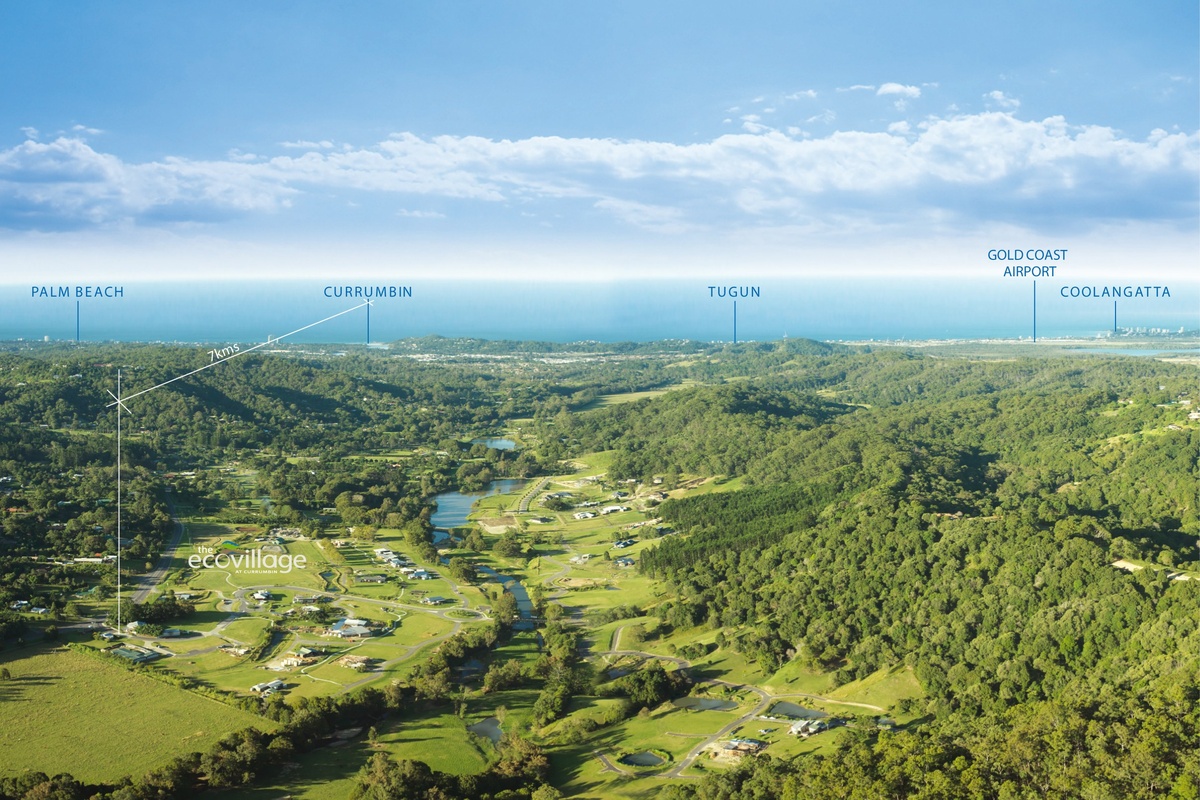
The innovations
First Australian demonstration that urban residential developments can be 'off-the-grid' for water, including the local collection, treatment and reuse of wastewater
- Communal sewage treatment plant: The Ecovillage has its own sewage treatment/water reclamation plant, which uses membrane filtration and ultraviolet (UV) disinfection to treat the wastewater from the development.
- Suitable water quality: The sewage treatment plant treatment processes are able to provide Class A+recycled water back to the houses in a purple pipe network, which is suitable for toilet flushing and external amenity use. Excess water is used to irrigate the common property in the development. 1 ML of buffering capacity and three 75 kL recycled water storage tanks are incorporated into the treatment facility to ensure continuity of supply and a safety factor in the event of a treatment system failure.
- Sustainable wastewater infrastructure design: Wastewater from the development is collected in a low infiltration sewer reticulation network that is largely gravity driven. The treatment processes are regarded as low energy, utilising septic tanks for primary treatment, oxidation by attached growth textile filter, and membrane filtration and UV sterilisation for final polishing. The sewerage reticulation network feeding this facility is largely gravity driven, further reducing energy requirements of the system.
The lessons
- Upfront vs ongoing costs: While the upfront costs to the water infrastructure at the Ecovillage are are generally greater than for more traditional subdivision, the ongoing costs to the residents are less due to the off-grid solutions. There are also a range of other benefits from the off-grid solution, including reliable use of recycled water for irrigating food and open spaces in all climate conditions, improved aesthetics and reduced pollutants entering the waterways.
- Trying something different requires a strong vision and process by also allows for flexibility: A strong vision and supporting process is essential to maintain the direction and integrity of an ecovillage development, in particular when complex interrelated issues arise. However, the construction of the elements needs to be flexible and supported by collaborative working relationships between the contractor and developer to respond to challenges as they arise.
- Off-grid water servicing is possible in urban developments: Using an integrated water management system, it is possible to develop a community that has a very low impact on the environment, on local and regional sources of water, and on local waterways. To achieve this, designers must be systems thinkers and capable of detailed design using complex analysis.
Transferability
While at the moment it is unlikely that the fully decentralised Currumbin Ecovillage solutions can be taken directly into mainstream urban development, the demonstrated use of a decentralised wastewater treatment plant to treat and supply recycled water back to households can be replicated. This will be especially true in areas where connection to the mains sewer network is difficult or costly.
Project stats
Location
Currumbin Valley, QLD, Australia
Participants
Awards
The Ecovillage has won over 33 awards, including:
The World's Best Environmental Development (FIABCI Prix D'Excellence Award)
Most Sustainable Development 2006 (Queensland Environmental Protection Agency Award)
Best Sustainable Development and Best Small Subdivision in 2006 (Urban Development Institute of Australia, Qld)
Topics
Additional information
Contact
The outcomes
 Cities providing ecosystem services
Cities providing ecosystem services

- Reduced wastewater entering waterways: The local treatment and reuse of wastewater significantly reduces the volume of effluent entering the waterways.
- Cooler and greener open spaces: The use of recycled water for local irrigation supports a cool and green urban development.
 Cities as water supply catchments
Cities as water supply catchments

- Local recycled water providing an alternative supply: The availability of recycled water for non-potable uses ensures that residents are able to reduce their potable demand and thereby save their rainwater for those uses that require it.
 Cities comprising water sensitive communities
Cities comprising water sensitive communities

- Committed and informed residents: The upfront design requirements and ongoing household monitoring of water use has created a water sensitive community that is committed to sustainable water management.
Business case
| Costs | Benefits |
|
|
Interested in this solution?
We partner with small and large companies, government and industry in Australia and around the world.
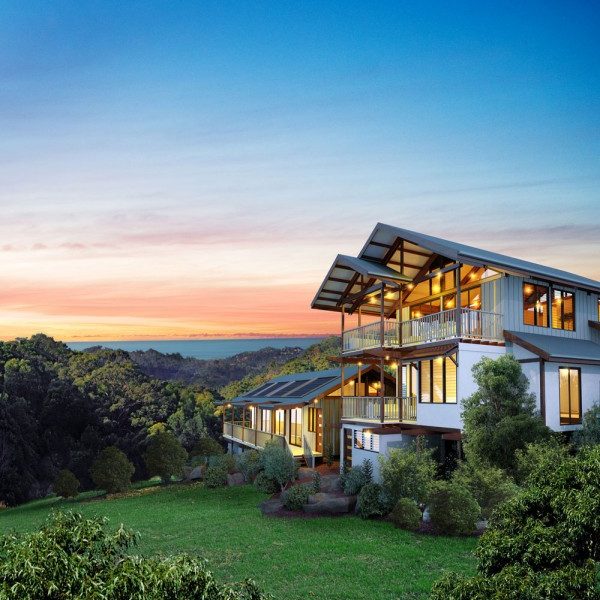
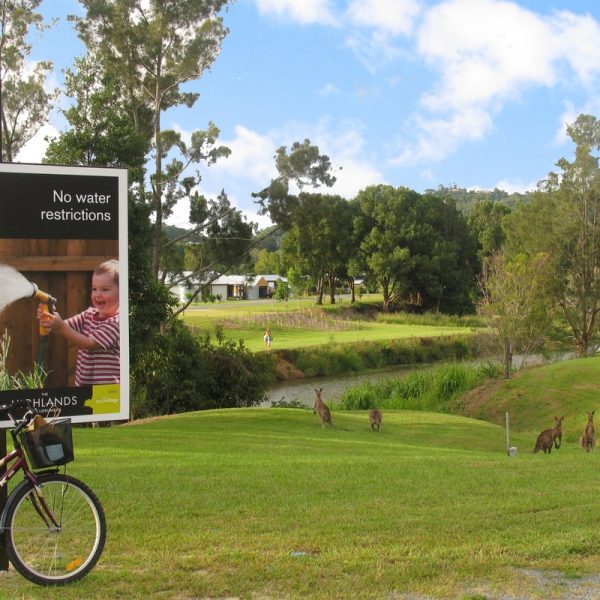
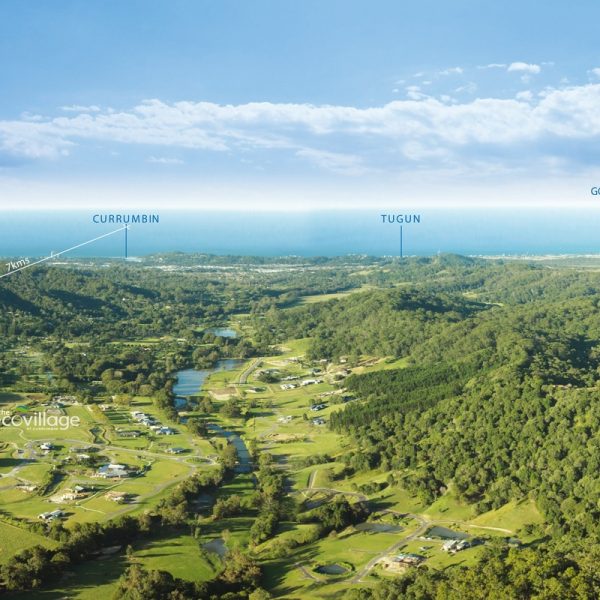
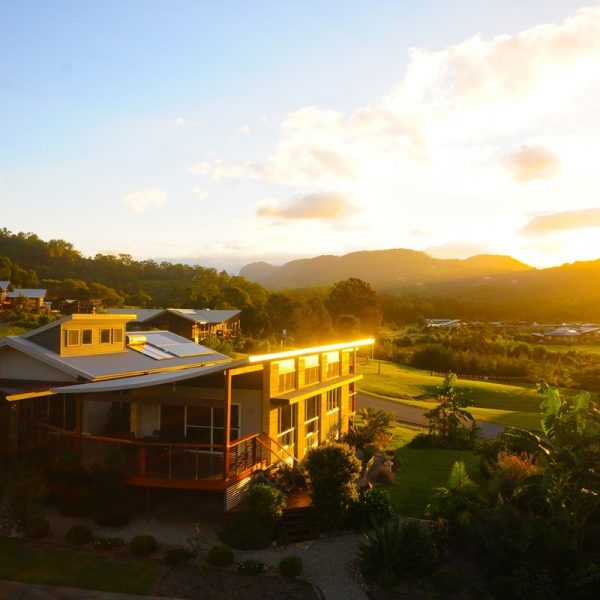
Comments